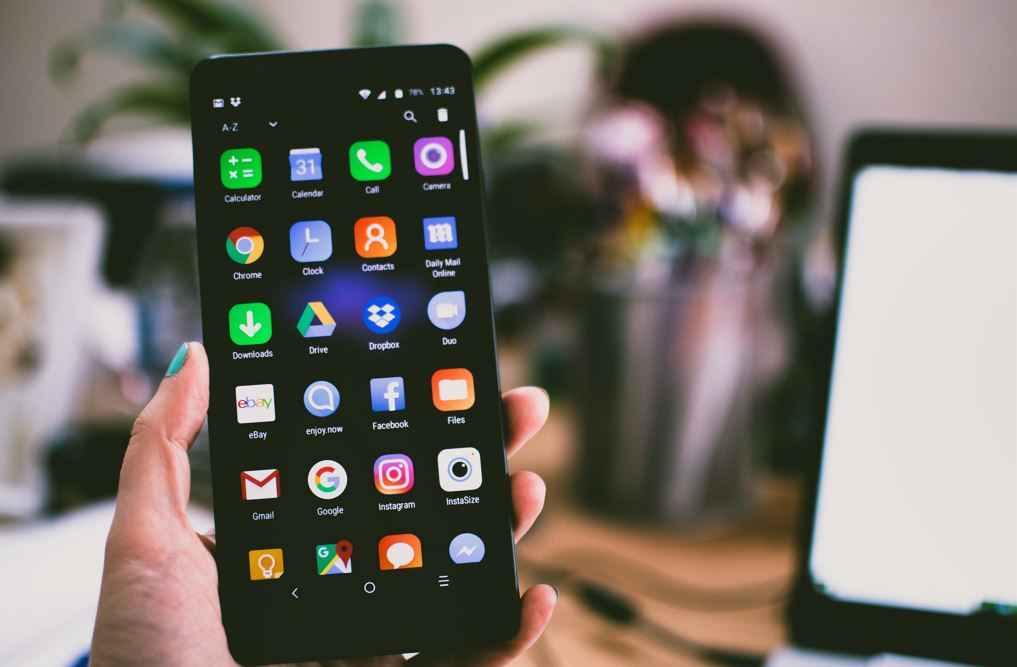Revolutionizing Data Collection: The Power of Mobile Technology

Collecting data is vital for businesses, organizations, and researchers to gather valuable insights and make informed decisions. It is so pivotal that the process can redefine the course of a business in no time, leading it to the gateway to rapid growth. Meanwhile, in the past, information gathering was often a time-consuming and manual task, relying on paper-based forms and surveys. However, the advent of mobile technology has revolutionized how it is collected, enabling real-time, efficient, and accurate collection. And this article will explore the power of mobile data collection in revolutionizing collection methods.
Contents
Why Shift to Mobile Data Collection?
- The Limitations of Traditional Collection Methods: Traditional collection methods, such as paper-based surveys or face-to-face interviews, had several limitations. They were time-consuming and needed more real-time analysis capabilities. These methods also faced challenges in reaching a larger audience or capturing it in remote locations.
- Mobile Technology as a Game-Changer: The emergence of mobile technology, including smartphones and tablets, has transformed information. Mobile devices are now equipped with powerful features such as high-resolution cameras, GPS, and internet connectivity, making them ideal tools for collecting information in various forms, including text, images, audio, and video. Mobile information-gathering apps and platforms have made designing surveys, collecting, and analyzing results in real-time more accessible.
What Are the Benefits
- Real-Time Collection: With mobile data collection, information is captured in real-time as it happens. It enables faster decision-making and allows for immediate intervention or analysis based on the collected information.
- Increased Accuracy: This reduces the likelihood of errors typically associated with manual processes. With built-in validation checks and features like skip logic, respondents are guided through surveys, ensuring accurate and consistent collection.
- Enhanced Efficiency: This streamlines the entire collection process. Surveys can be designed and distributed digitally, eliminating the need for printing and distributing paper forms.
- Cost Savings: It eliminates the need for paper-based forms, printing, and manual entry. It significantly reduces administrative costs associated with this, such as transcription or cleaning.
Empowering Remote Collection
- Overcoming Geographical Barriers: It has transformed the ability to collect in remote or hard-to-reach areas. With mobile devices, field workers can collect offline and sync it later when an internet connection is available.
- Geotagging and Mapping: Mobile devices with built-in GPS capabilities enable geotagging, where points are associated with specific geographic coordinates.
Customization and Flexibility
- Tailored Surveys: These platforms offer the flexibility to design custom surveys that suit specific research or business needs. Researchers can add various question types, multimedia elements, or complex branching logic to create dynamic and engaging surveys.
- Multimodal Collection: Mobile technology allows for collecting diverse types beyond just text responses. Surveys can incorporate multimedia elements such as images, videos, or audio recordings.
Ensuring Security and Privacy
- Security and Protection: These platforms prioritize security and privacy. They employ encryption techniques to protect both during transmission and storage.
- Compliance with Regulations: They provide features for obtaining informed consent and enabling respondents to exercise their access or deletion rights.
Mobile technology has revolutionized these methods, enabling real-time, efficient, and accurate information gathering. As such, organizations and researchers can gain valuable insights into informed decision-making with the ability to collect information in real-time, increased accuracy, enhanced efficiency, etc. The customization and flexibility of the platforms for this purpose, along with the assurance of security and privacy, make them indispensable tools for modern information efforts.





